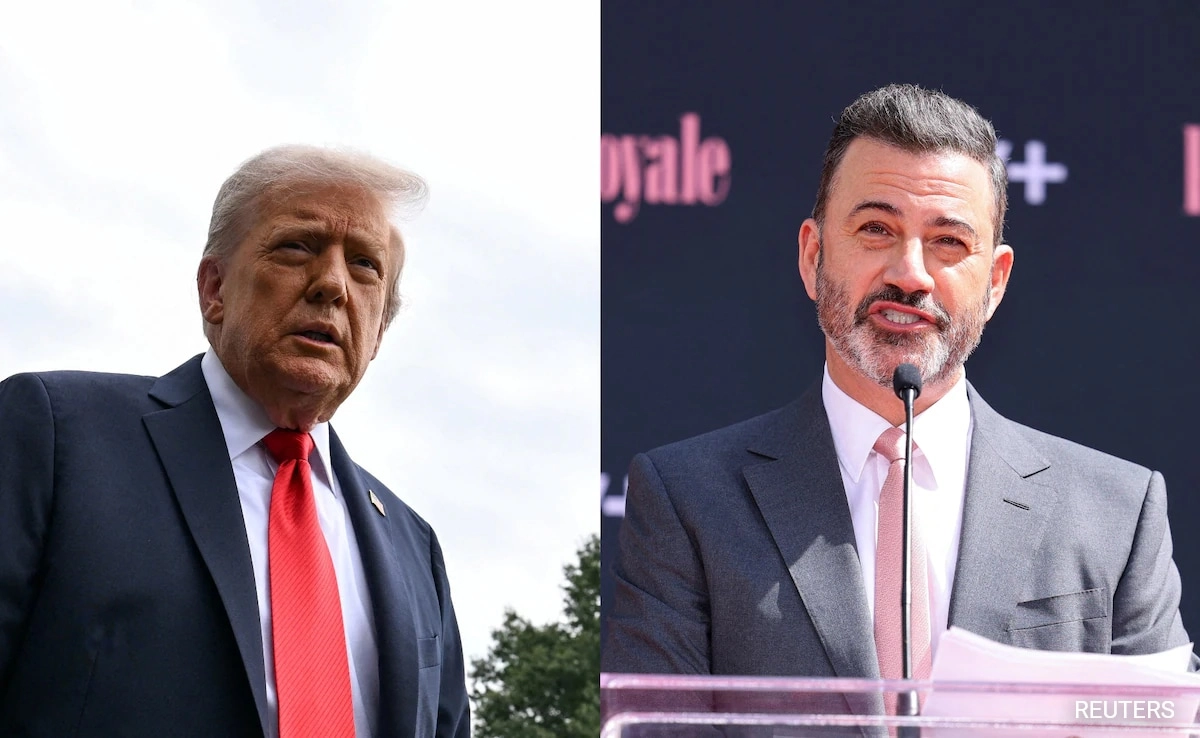In the wake of a significant meeting between Indian Prime Minister Narendra Modi and Russian President Vladimir Putin, a former aide to Donald Trump has emphasized the importance of India aligning more closely with the United States rather than maintaining its historical ties with Russia. This statement reflects a growing sentiment among certain U.S. officials that India’s strategic partnership with America could play a crucial role in addressing global geopolitical challenges, particularly in the context of rising tensions with China and the evolving dynamics of international relations.
The meeting between Modi and Putin, which took place at a time when global alliances are being tested, has raised eyebrows among Western observers. While India has traditionally maintained a balanced approach in its foreign policy, the changing landscape, marked by Russia’s actions in Ukraine and its implications for global security, has prompted discussions about the future of India-Russia ties. This commentary from the Trump aide suggests that the U.S. is keen to bolster its relationship with India, recognizing its potential as a key player in the Indo-Pacific region.
The call for India to pivot towards the United States also highlights the broader strategic interests at play. As both countries seek to counterbalance China’s influence in Asia, a strengthened partnership could facilitate enhanced cooperation in defense, technology, and trade. Moreover, with the U.S. prioritizing collaboration with like-minded democracies, India’s alignment with American values and interests could pave the way for a more robust alliance that benefits both nations.
In conclusion, as global power dynamics continue to shift, India stands at a crossroads in its foreign policy approach. The emphasis on fostering closer ties with the U.S. amid changing geopolitical realities underscores the necessity for India to reassess its longstanding relationships. The outcome of such deliberations will not only shape India’s future but also have significant implications for global stability and security in the years to come.




